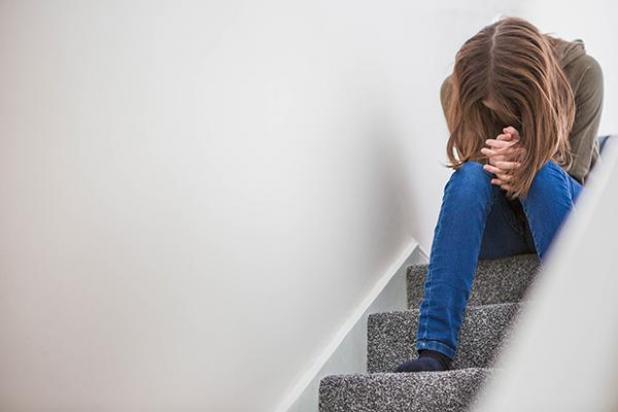
Social distancing and isolation may be good for physical health, but they can take a mental toll, especially on teens
If you’ve cared for a teen during the past month, you’ve likely taken steps to keep them safe and healthy during the coronavirus pandemic. You’ve probably also taught and encouraged them to take their own preventative measures for the sake of their health.
As schools remain closed and the stay-at-home order stretches on, take an inventory of their mental health, too. Just as concrete steps are taken to slow the spread of COVID-19, there are specific, practical things you and your teen can do to stay mentally healthy during this highly unusual time.
Recognize that it’s perfectly normal to be a bit anxious about the pandemic. Anxiety is the body’s natural response to stress, and this is a stressful time. There are people at risk because of the coronavirus, and teens are old enough to know it. They may be thinking about it more than you realize. Speak openly about the risks, precautions being taken, and your own fears and methods for coping.
Don’t be afraid to seek additional help if anxiety is interfering with life. Many counselors offer remote services. Not only is that helpful for social distancing, but teens may also be more comfortable speaking to a professional via phone, email or instant messaging than they would be in person.
In speaking openly about coronavirus concerns, it can be helpful to turn to factual news sources for information. Do so, but take a break from the constant stream of news too. Your teen might not even realize how much news they’re taking in on social media. If they seem stressed, encourage them to take a step back from the endless headlines and bad news.
With in-person instruction suspended, many teens have experienced a major disruption to their usual routine. Routine in and of itself can be helpful to some people in maintaining their mental health. Guide your teen in figuring out if they’re one of those people. If they are, help them create a new routine. Go to bed at the same time each night, set meal times, schedule time to do school work and tackle other responsibilities.
For some, routine isn’t as important, but don’t forget about all the other effects of their schooling being done remotely. Without sports or gym class, they may be getting less exercise. Help them recognize that and strategize new ways to stay active. Without set school lunches and with more access to snacks, their eating may not be as healthy as usual. Again, help them see this for themselves so they can take ownership of their diet. Exercise and a good diet are crucial to physical and mental health.
The full article is available in our e-Edition. Click here to subscribe.
